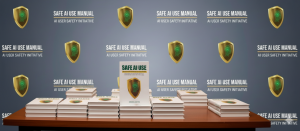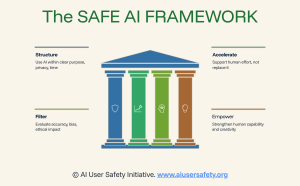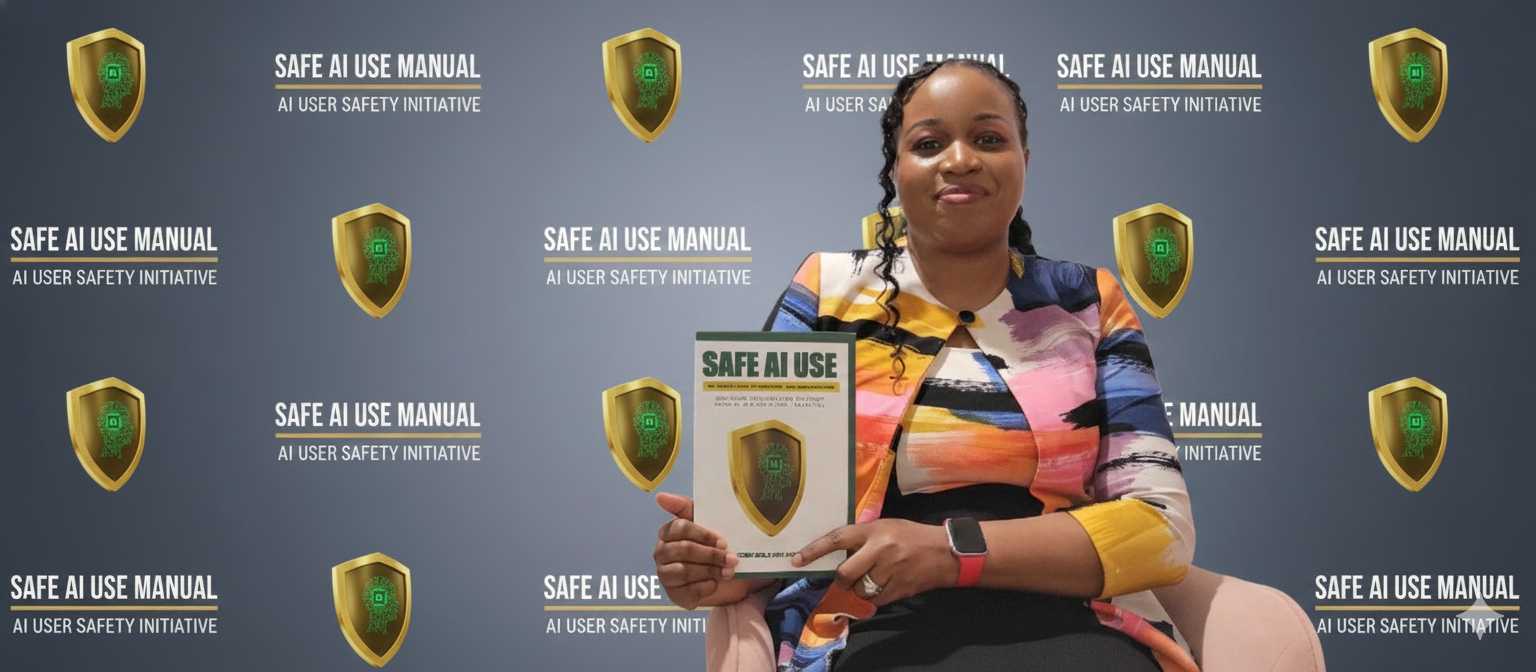Event Highlights the Growing Global Call to Balance Innovation With Human-Centered Flourishing
The SAFE AI Launch Experience, held this weekend in Springfield, Missouri, delivered a timely and influential contribution to the growing global conversation on responsible AI adoption. The event, themed Balancing Innovation with Human-Cantered Flourishing: Technology for the Good of All, underscored the increasing need to safeguard everyday users as artificial intelligence becomes deeply embedded in work, communication, and learning.
At the centre of the launch was the formal introduction of the AI User Safety Initiative,AI User Safety Initiative, founded by Dr. Gbemisola Adetayo, an AI Security and Governance Professional and AI Systems Architect. Her work focuses on a critical but often overlooked dimension of AI governance. Every day users are adopting AI tools at an extraordinary speed, yet the world has very few guardrails that help them use these tools responsibly. This gap affects adults, children, students, professionals and families.

The initiative positions itself as a global community that supports responsible AI use in daily life. It addresses issues such as cognitive over-reliance, unhealthy emotional attachment to AI tools, misinformation exposure and the decline of independent thinking. These concerns are often overshadowed by enterprise policies and regulatory debates. Dr Adetayo’s work brings attention back to the people who interact with AI the most, the end users.
A major highlight of the event was the release of the SAFE AI USE Manual. The manual provides structured guidance for non-technical users who want to benefit from AI without compromising their mental clarity, judgment or wellbeing. Built on the SAFE AI Framework, the guide explains how users can evaluate AI outputs, maintain thinking independence, avoid emotional displacement, and preserve healthy boundaries in their digital habits. Attendees praised the manual for its clarity and practicality.
The launch experience also featured two in-depth thought leadership panels. Speakers explored ethical AI use, the psychology of human–AI interaction, and the responsibilities of creators and professionals in an era where automation influences behaviour more quickly than most people realize. The conversations made it clear that AI safety is no longer a topic reserved for technical communities. It is now a public wellbeing issue that affects families, workplaces and educational institutions.
One of the most compelling moments of the day was the live demonstration of the AI User Wellbeing and Safety Self-Assessment. This interactive tool helps individuals understand how AI is shaping their daily decisions, attention patterns and emotional responses. Participants described the assessment as both enlightening and essential, particularly for parents, educators and professionals who want to use AI without losing control of their thinking processes.

The event concluded with a clear roadmap for applying the SAFE AI Framework in everyday contexts. Individuals can use it to maintain healthy digital habits, professionals can use it to structure ethical AI workflows and families can apply it to guide children toward safe, balanced AI use. The framework is designed to be simple, actionable and accessible.
For Nigeria, where youth digital adoption is high and AI tools are becoming part of daily communication and learning, this conversation is especially timely. Many households, schools and businesses are navigating digital decisions that did not exist a decade ago. The SAFE AI Launch Experience offers practical tools that respond directly to these realities.
The Guardian Nigeria has consistently championed topics such as digital governance, ethical innovation, technology access, youth safety and responsible leadership. The emergence of user-level AI safety aligns strongly with these areas of interest. As the AI User Safety Initiative expands globally, this represents an opportunity for continued education, investigative reporting and long-term public engagement.
For editorial partnerships, interviews or access to the SAFE AI USE Manual, please contact:
Gbemisola Adetayo






